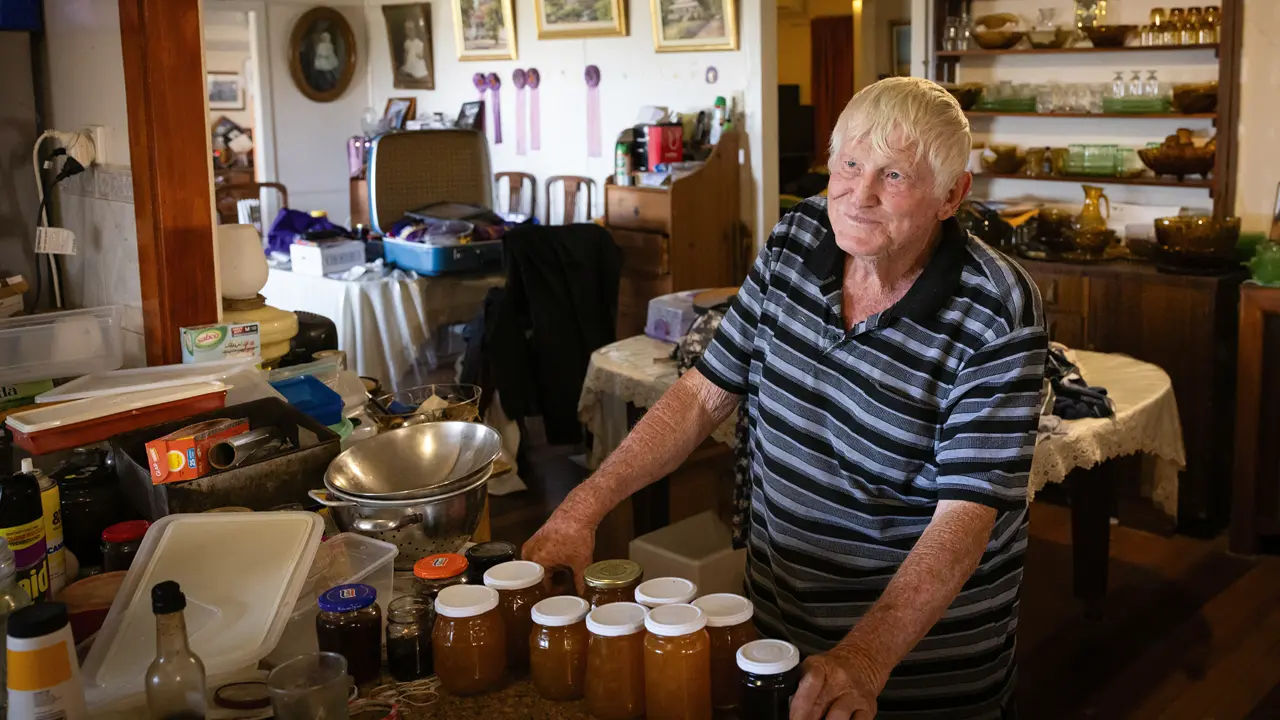Not wanting to lose traditions going back seven generations, travel agent Andrew Jones decided to buy and revitalise his family’s sheep properties in the Jordan Valley, north of Hobart.
Story + Photos Cormac Hanrahan
“We’re the seventh generation of Joneses farming this valley, and hopefully we can keep going,” Richard Jones says.
Running roughly north-south, the narrow, winding Jordan Valley has a flat fertile floor and stony, bush-covered hillsides. The river from which it gets its name rises at nearby Lake Tiberius and cuts a thin ribbonthrough the valley before spilling into the River Derwent.
The Joneses’ farming story began with the arrival of Benjamin Jones on the Britannia, part of the Third Fleet that sailed into Port Jackson, NSW, in 1791. Facing seven years’ servitude, Benjamin was pardoned after five and married one of the few available women – a widower named Mary Fleming. He was granted land on the Hawkesbury River at Pitt Town, outside Sydney.
In 1816 the pair turned up in Van Diemen’s Land (later called Tasmania) and it wasn’t long before Benjamin was contributing to the survival of the fledgling colony, supplying 2000 pounds of meat from his farm a day’s ride north of Hobart, on the Jordan River. He named the farm Rose Hill after his former home in Pitt Town.
Rose Hill was then passed down through multiple generations. “Farms got smaller as the families got bigger, so the Joneses had to keep clearing and buying land and ended up virtually owning all the ground on the Jordan River,” Phil says. This trend continued into the 1960s, and Phil recalls one morning when he was 16 and heading back to boarding school when his father announced he was thinking of buying another farm, and wanted to know if Phil was coming home to help.
“I always wanted to come back, so I got to school, packed my bags and caught the mail car home the next day,” Phil says.
This story excerpt is from Issue #126
Outback Magazine: Aug/Sep 2019










